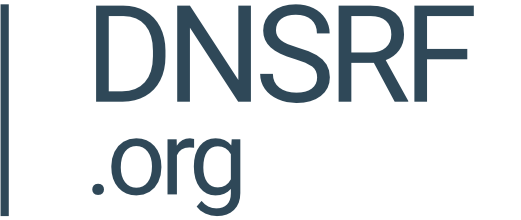Internet Standards Observatory Research Roundtable - First look at the work of seven research teams
By Georgia Osborn, Carolina Caeiro
The DNS Research Federation held the first Internet Standards Observatory Research Roundtable on 9 May 2024. The event showcased the work of seven research teams that were selected for funding with support from the Internet Society Foundation (ISOC) and RIPE NCC. The presentations were organised into three segments: (a) the dynamics of standards setting processes; (b) corporate influence in the development of Internet standards; and (c) the impact of geopolitical and national prerogatives in standards development. It facilitated discussions on current trends in the development of Internet Standards, and what these trends mean for safeguarding the global, interoperable nature of the network.
The first section, moderated by Carolina Caeiro, explored the Dynamics of Standards Setting: Cooperation and Community as a Means to Counter Fragmentation. Ignacio Castro of Queen Mary University of London presented on “Understanding Internet Standardisation Processes through Longitudinal Data-Driven Analysis.” This was complemented by Stephen McQuistin’s presentation from the University of St Andrews, UK, on “Measuring the Impact of Standards Development Organisations (SDO) Policies and Working Practices.” A presentation by Yug Desai from South Asian University, New Delhi, focused on the “Role of Epistemic Communities in Setting Standards for Quantum,” wrapping up the first section.
The second section of the roundtable, moderated by Georgia Osborn, focused on Corporate Influence in Standards. This session looked at “QUIC, or the Battle That Never Was: A Case of Re-Infrastructuring Control over Internet Traffic,” by Clement Peranaud of the Free University of Brussels (VUB) and Francesca Musiani of the French National Centre for Scientific Research (CNRS). The next presentation by Nick Merrill from the University of California, Berkeley, explored corporate influence in standards bodies. The last session on the Geopolitical Context of Global Standards included presentations from Roxana Radu of the University of Oxford, Blavatnik School of Government, UK, on “Opening Internet Standardisation to Political Interventions.” The final presentation by Wale Bakare of Webfala Digital Skills Initiative, represented by his colleague, Sanni Alausa-Issa, focused on “Enhancing Digital Governance in Africa: The Crucial Role of Standards Organizations in Shaping the Internet Landscape.”
Engaging audience discussions followed all the sessions, and we now look forward to seeing the final research products in Spring 2025!


